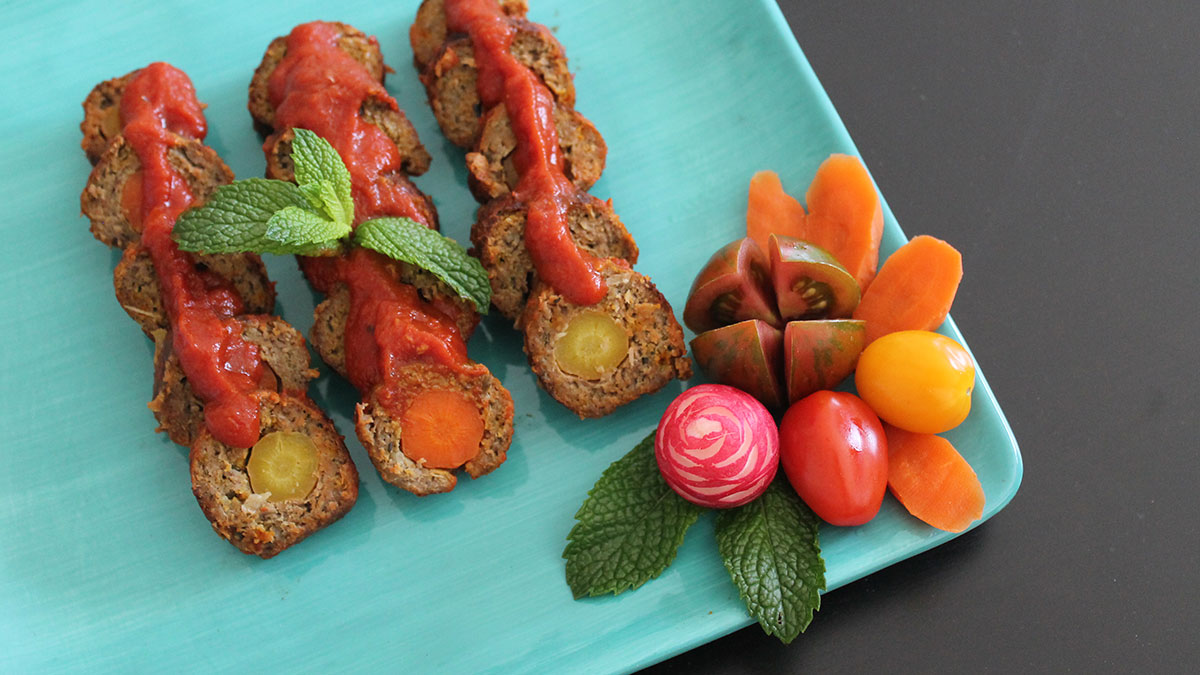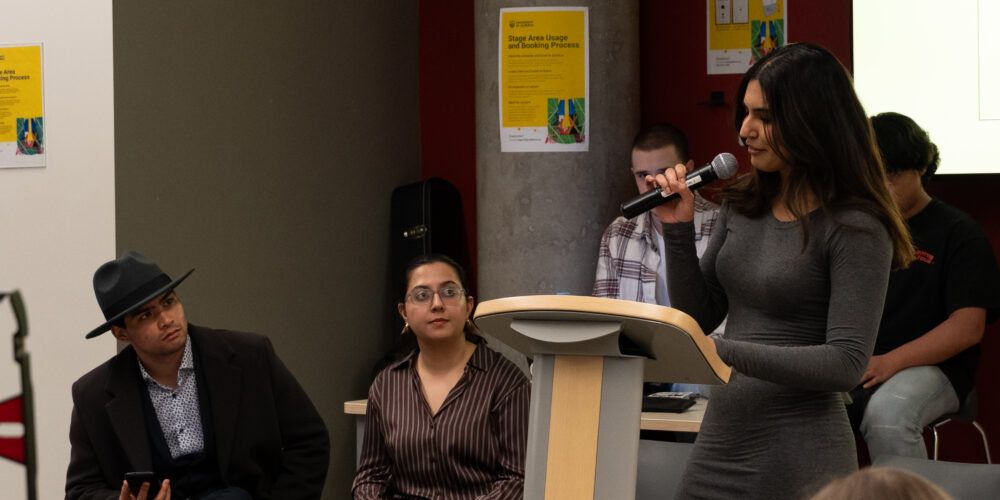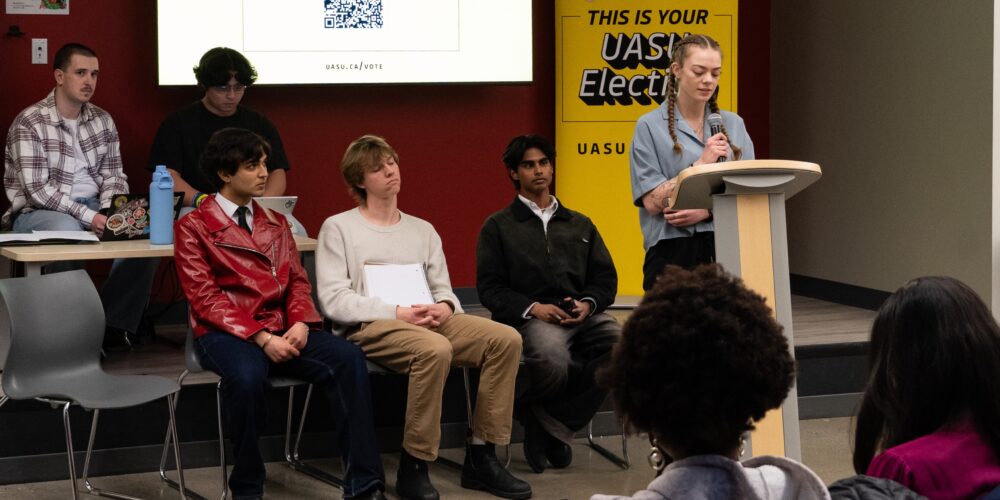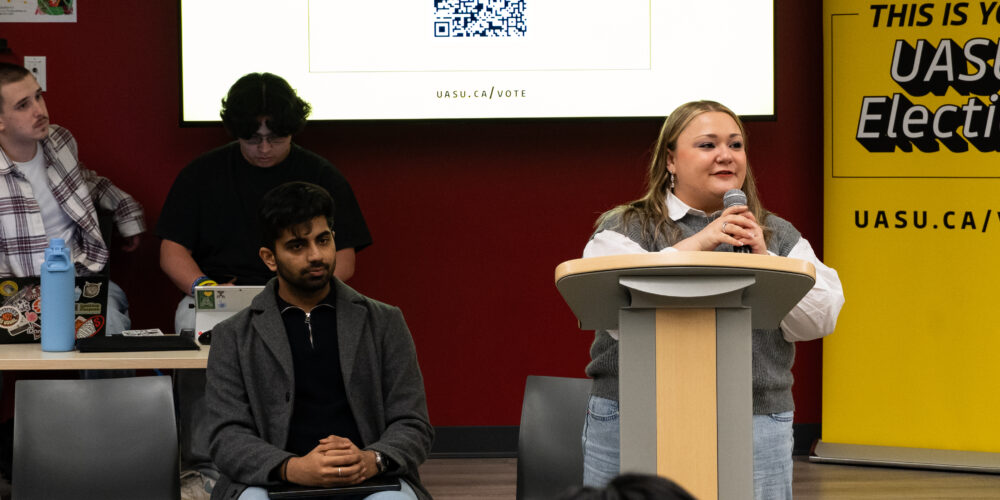 Sahar Saadat
Sahar SaadatPoint: Food is desire, desire is the root of all evil. Drink Soylent.
The aestheticized experience of consuming food is a cultural orthodoxy such that many people think that the most stigmatized class of people in our culture, prisoners, have a right to food with at least minimal aesthetic qualities. Capitalism has extended the previously bourgeois concept of highly aestheticized food to everyone: a shining McDouble on a billboard uses the same appetizing rhetoric of a late Renaissance still life.
The aestheticization of the food experience, some would say, causes a few problems. Tremendous amounts of food are wasted, if not at farms then at grocery stores, because some food items are blemished, deformed etc. Also, aestheticized and high food consumption encourages the production of monocultures which leave agricultural ecosystems vulnerable to diseases.
But these are relatively minor grievances compared to how the food experience acts upon us. The food experience (even the fast food experience) is constructed to be artistic and emotional such that we strongly desire it (as opposed to simply nutrition) a few times daily. We think about eating, we talk about eating, we bond over how hungry we are and how much we will eat. Yet once that ephemeral food vanishes, the period of satisfaction gives way yet again to hunger. The better the food is, the stronger our sense of loss afterward.
How do we escape this cycle? Of course, abstaining from eating means you’ll starve, hallucinate and die, but if we want to truly save our time and avoid volatile desire, we would treat the experience of eating like going to the bathroom rather than like having sex: you can’t help but go to the bathroom, but you go alone for a short amount of time when you need to, and you don’t talk about it beforehand and afterward.
The most practical solution to eliminate the aesthetic food experience is to make eating as dull as possible. Food should be nutritional, but it should be neither too elevating or too unpleasant: Soylent seems ideal because it is slightly sweet, but overall unremarkable. Prep and consumption time is minimal, and there isn’t a feeling of longing when it’s gone. To suggest it would eliminate the social experience that eating encourages underestimates our impulse to interact. All it takes is thinking around the prejudice that consuming goo means that we’re living in some Orwellian nightmare. — Josh Greschner
Counterpoint: Of course we should, food is good. This question is absurd.
What kind of question is this? It’s like asking ourselves “Should we be happy?”
Even as I’m sitting here slowly typing away with my one hand, a fresh, warm pita wrap is seriously distracting me in the other, (while thoughts of what I should eat later and tomorrow are floating around in my head amidst fond memories of everything I ate over the weekend). Basically, food is on my mind all day err day and it’s on my list of the very limited things that can successfully get me out of bed in the morning. And honestly, I wouldn’t have it any other way. Know what I mean? Of course you do.
Eating food isn’t a chore or something that is a waste of time and space. It is one of the most beautiful, exciting, valuable and gratifying pleasures and necessities in this world that make life so great, and if we were to take it away and replace it with anything less than what it is, then we might as well just crawl into a hole and die. We love to bond over food and our hunger and desire for it. It’s true and I don’t see that as a negative thing whatsoever, especially when you consider how diverse it is. Food brings cultures together in restaurants, festivals, and even potluck dinners, allowing for greater appreciation and knowledge of their traditions and people. It could also be considered a language all to itself. When someone surprises you with chocolate at work or cooks dinner for you, or even just brings you a box of Corn Flakes one day, they’re showing their feelings towards you through food, which makes it that much more valuable and memorable. All kinds of relationships and friendships (even the ones between people and their pets) become stronger thanks to food. And if you don’t like people in general, food is still the reason why you’re probably, hopefully able to tolerate everyone.
Food is something that everyone should enjoy and not eat it only because we need it to live. I agree that consuming food is an aestheticized experience, and it should be! To aestheticize something means to represent it as beautiful and artistically pleasing. Why would anyone not want to eat a plate of food that was made to look good? Food is something that should be able to satisfy all the senses, because your senses deserve to be satisfied. As for the issue of wasted food that arises from this aestheticized experience, the solution is of the simplest: Don’t waste food! Don’t eat more than you can, cook the appropriate servings, and don’t buy more than you need. Food should be celebrated, appreciated and given the utmost attention to quality always and even more so in this day and age.
If food is desire and desire is the root of all evil, then can someone please order me a large cheese pizza with extra cheese? Insert evil laugh here. — Christina Varvis




